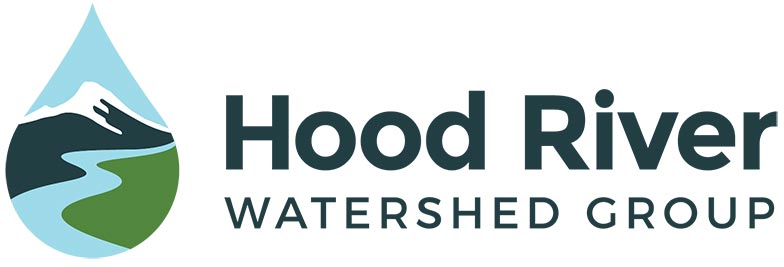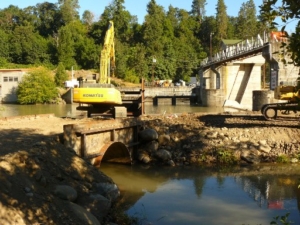Recording available for “Salmon and Steelhead Resiliency to Disturbance and Implications for Watershed Restoration”
Fire and other types of natural disturbance are often assumed to have negative effects on fish and aquatic ecosystems. However, in recent years a more dynamic perspective on aquatic ecosystems has emerged and studies have found that native salmonids are well adapted to disturbance. Gordon Reeves, Emeritus Scientist with the USFS Pacific Northwest Research Station, shares results from studies that he and his colleagues have conducted on the response of salmonids to fire and glacial events, which may have implications for how we approach restoration in the Hood River Watershed.

